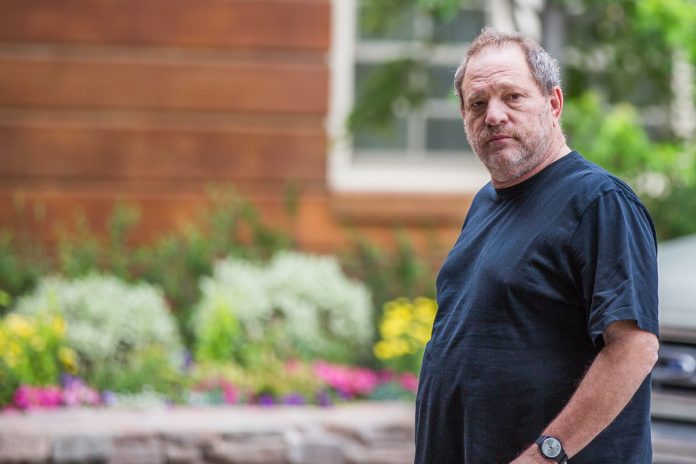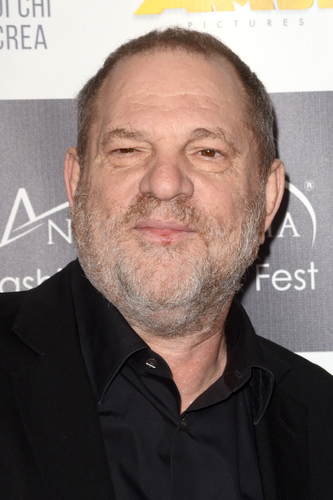
The recent overturning of Harvey Weinstein’s rape conviction by New York’s highest court has ignited a profound discussion about the systemic inequities facing women within the justice system.

Despite the former Hollywood mogul’s continued imprisonment due to a separate conviction in California, the decision to grant a new trial underscores the broader issue of how institutions fail to adequately address and punish sexual violence.
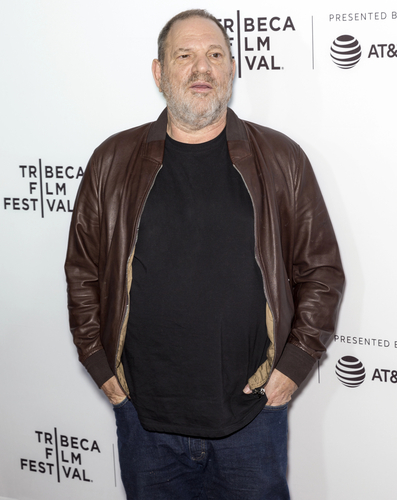
In a 4-3 decision, the court found that Weinstein did not receive a fair trial in 2020 due to the judge permitting testimonies of women whose allegations were not part of the charges.
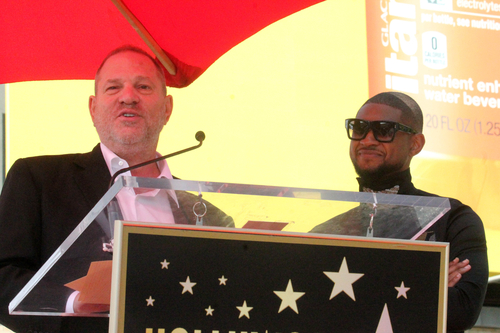
“It was an abuse of judicial discretion to permit untested allegations of nothing more than bad behavior,” the majority stated. However, Judge Madeline Singas, dissenting, accused the majority of “whitewashing the facts” and perpetuating “outdated notions of sexual violence.”
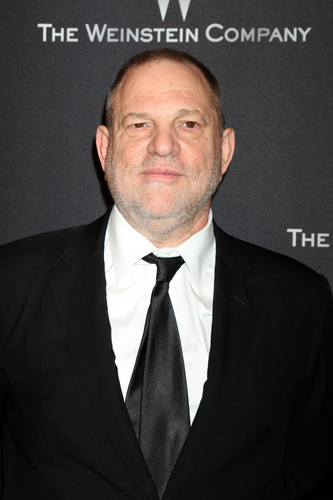
The decision has reopened a painful chapter for the survivors of Weinstein’s alleged sexual misconduct, which includes a list of high-profile accusers like Ashley Judd, Gwyneth Paltrow, and Lupita Nyong’o.
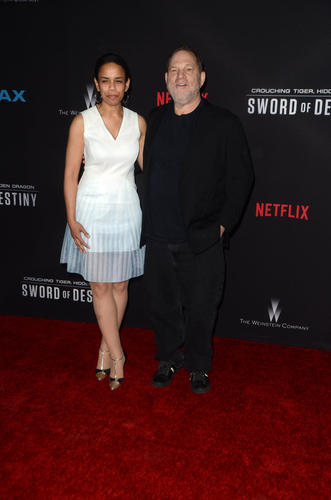
It also casts a shadow over the #MeToo movement, which ushered in a wave of accountability for sexual harassment and assault, particularly in the entertainment industry.
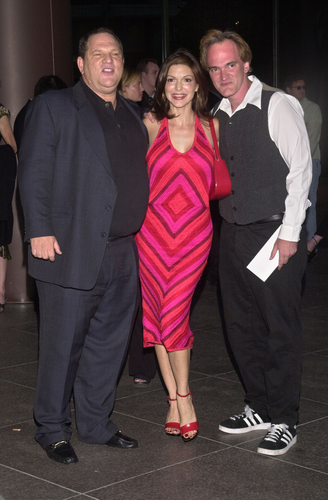
Milano, an outspoken advocate for survivors of sexual violence, voiced her frustration with the decision’s implications: “Every victim matters. Every rapist deserves the full weight of the criminal justice system cast upon them.”
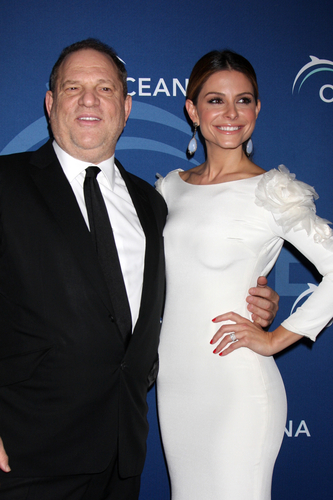
Her sentiment echoes the disbelief and outrage over the fact that according to RAINN, out of every 1,000 sexual assaults, only 25 lead to a day in prison for the perpetrators.
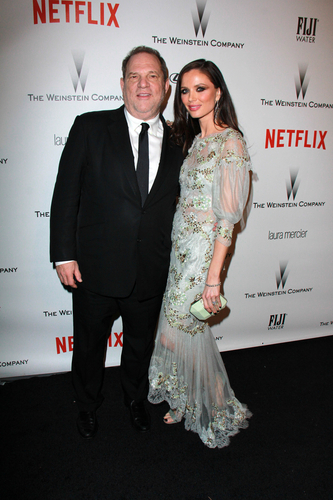
Douglas Wigdor, an attorney for several of Weinstein’s accusers, remarked that this decision is a “major step back in holding those accountable for acts of sexual violence.” Meanwhile, Weinstein’s lawyer, Arthur Aidala, heralded the ruling as a testament to the integrity of the US justice system, stressing, “You can’t convict someone based on their entire life.”

The Manhattan District Attorney, Alvin Bragg, has asserted a commitment to retrial and upholding justice for survivors. “We will do everything in our power to retry this case,” Bragg’s office communicated.
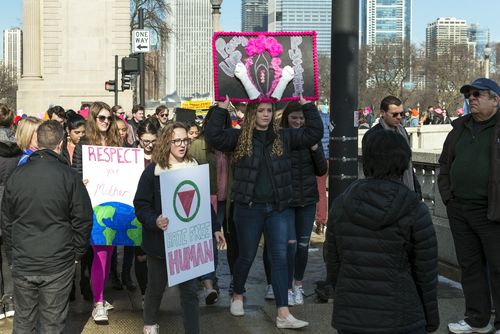
Weinstein, once a titan of the film industry with a resume that boasts influential films like “Pulp Fiction” and “Shakespeare in Love,” was ousted from his company in 2017.

Since then, his downfall has become emblematic of the consequences powerful men can face due to sexual misconduct. Yet, his case also starkly illustrates the challenges and systemic resistance survivors encounter in seeking justice.
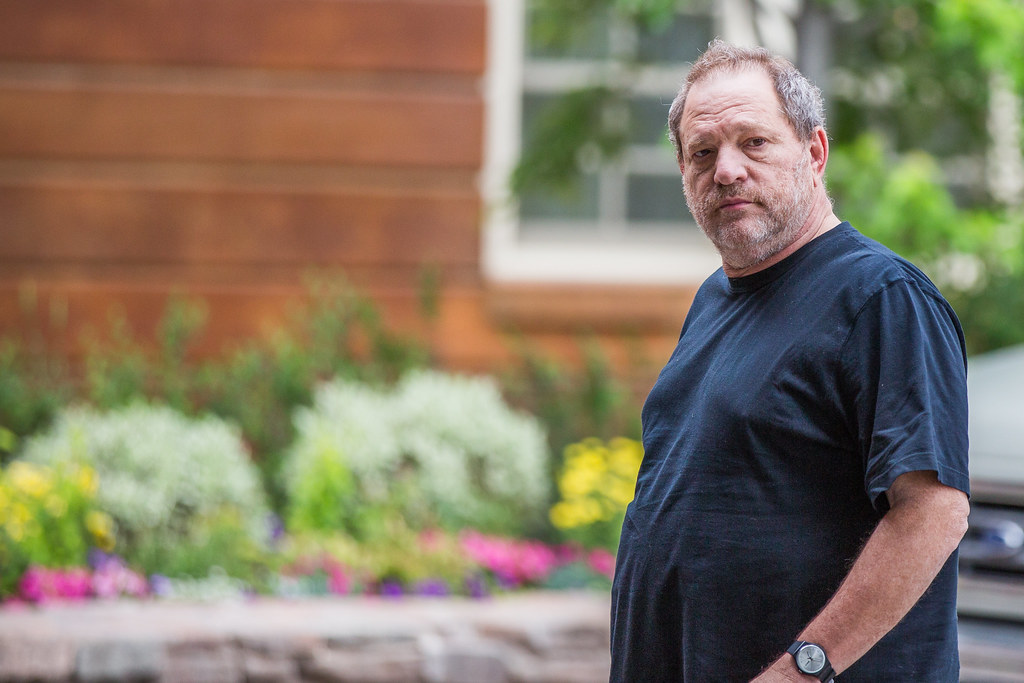
The ruling to overturn Weinstein’s conviction does not negate the California sentence awaiting him; he is slated to serve 16 years for rape and sexual assault.

However, the broader implications of the New York ruling have sparked critical discourse on how our institutions, law enforcement, and government often fail the very individuals they are meant to protect.

As this decision reopens the case that became a cornerstone of the #MeToo movement, it serves as a reminder of the ongoing struggle for justice and respect for women’s autonomy and dignity in the face of a system that too often falls short.
